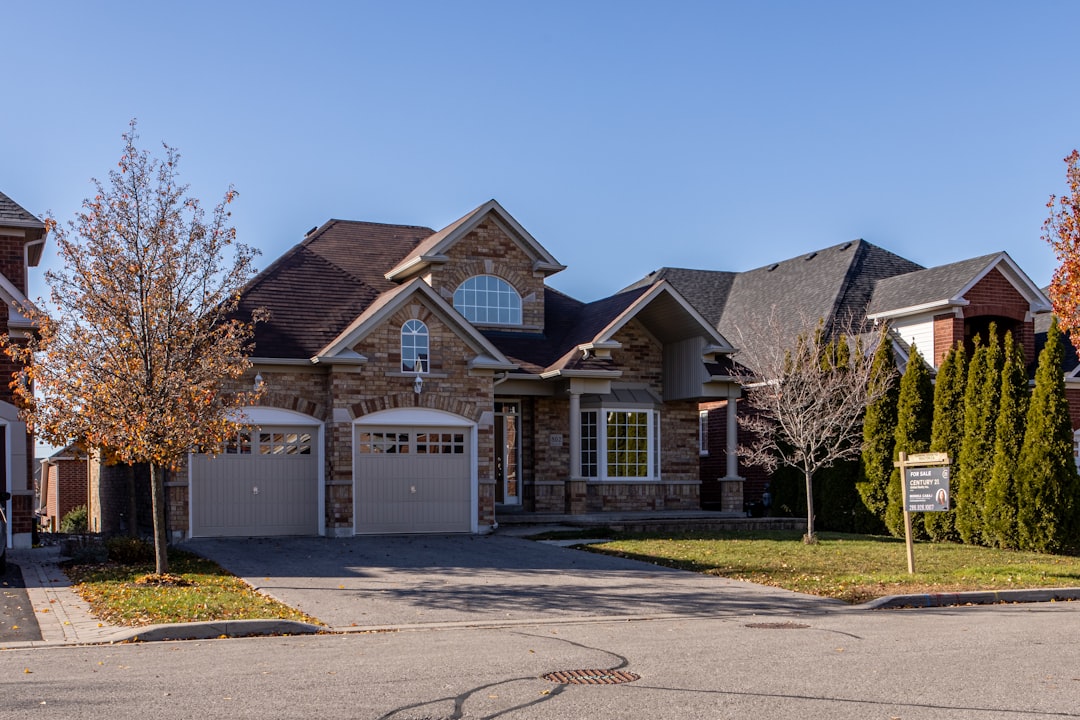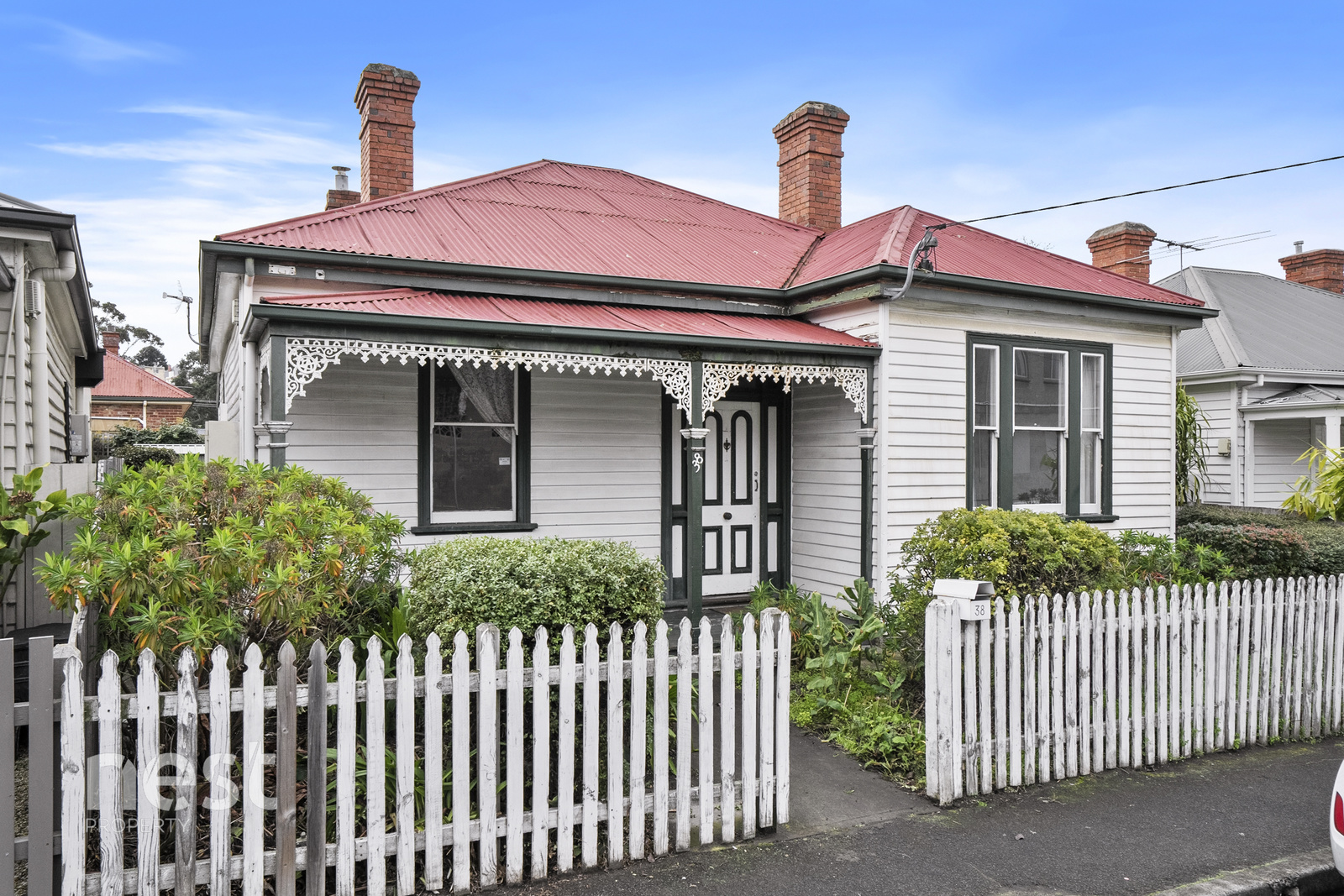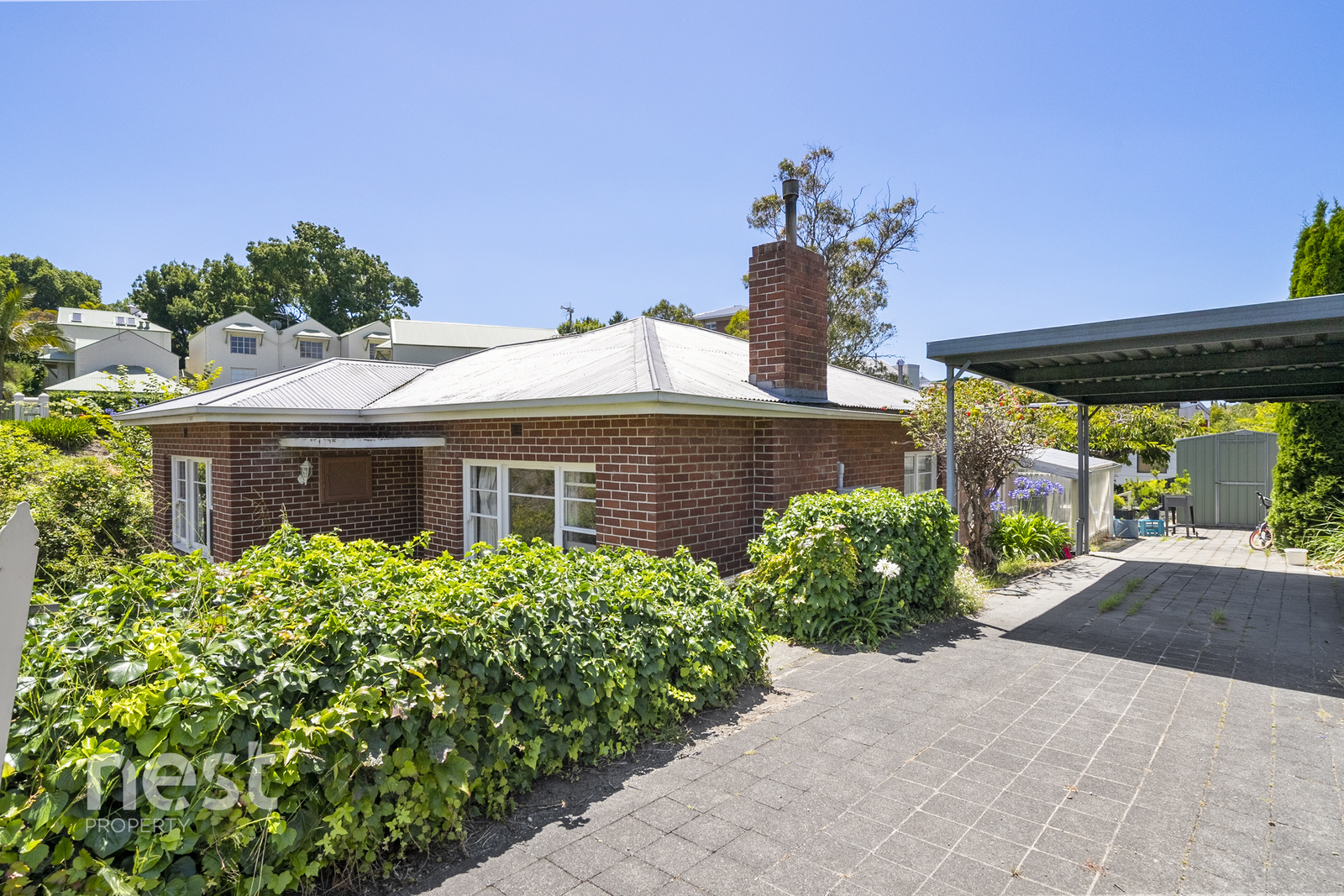

Residential real estate also serves as a popular investment avenue. Investors purchase these properties either to rent out for steady income or sell at a profit when the market conditions are favorable. Rental properties provide ongoing revenue streams while appreciating in value over time. Flipping houses—buying undervalued homes, renovating them, and selling at a higher price—is another common investment strategy within this sector.
Buying or selling residential real estate involves navigating through various legal processes such as title searches, appraisals, inspections, and closing procedures. Contracts must be carefully reviewed to ensure compliance with local laws and regulations. Working with experienced real estate agents or legal advisors can help mitigate risks associated with these transactions.
Understanding the dynamics of residential real estate is essential whether you're looking for a new home or considering an investment opportunity. By grasping the different property types available along with factors influencing their value and the legal intricacies involved in transactions, you can make informed decisions that best suit your needs.
The process of buying residential real estate involves several key steps that ensure a smooth transaction and a successful purchase.
Before diving into the market, it's crucial to evaluate your financial situation. Determine your budget by assessing your savings, income, and any existing debt. This step often includes obtaining a pre-approval letter from a lender, which can give you an idea of how much mortgage you qualify for and strengthen your offer when you find the right property.
Once you're clear on your budget, start researching neighborhoods that align with your lifestyle and needs. Consider factors like school districts, proximity to work, public transportation options, and local amenities. Utilize online listings to get a sense of what's available within your price range.

The Role of a Real Estate Agent in Home Buying Buying a home is one of the most significant financial decisions an individual will make in their lifetime.. It’s a journey filled with excitement, anticipation, and at times, stress.
Posted by on 2024-09-30

Becoming a licensed real estate agent is an ambition shared by many, driven by the promise of flexible work schedules, unlimited income potential, and the satisfaction of helping individuals achieve their dreams of homeownership.. However, this career path requires more than just enthusiasm; it demands a blend of education, dedication, and adherence to specific regulatory requirements.
Posted by on 2024-09-30

Title: How to Outsell the Competition: Proven Strategies for Real Estate Agents In the cutthroat world of real estate, standing out from the competition isn't just a goal; it's a necessity.. With countless agents vying for attention, how can you ensure that you're not just another face in the crowd?
Posted by on 2024-09-30

Effective Marketing Strategies for Real Estate Agents In the dynamic landscape of real estate, where competition is as fierce as the market fluctuations, effective marketing strategies are paramount for success.. For real estate agents, mastering the art of marketing isn't just about showcasing properties; it's about building relationships, establishing trust, and creating a brand that resonates with potential buyers and sellers.
Posted by on 2024-09-30
Choosing a location with strong economic stability and growth potential is crucial for residential real estate investment. Areas with robust job markets, diverse industries, and low unemployment rates often attract a steady influx of residents. This demand can drive property values up over time, making your investment more profitable. Look for cities or neighborhoods experiencing economic revitalization or those considered emerging markets.
Quality of life is a significant factor that influences where people choose to live. Locations offering excellent healthcare facilities, educational institutions, recreational amenities, and low crime rates are highly desirable. Properties in such areas are likely to appreciate faster due to the consistent demand from families and professionals seeking a comfortable living environment.


Interest rates play a pivotal role in determining housing affordability. When interest rates are low, it becomes cheaper for buyers to finance their homes through mortgages. This increased affordability can lead to higher demand for residential properties, as more individuals find themselves able to enter the housing market. Conversely, when interest rates rise, the cost of borrowing increases, making monthly mortgage payments more expensive and potentially deterring prospective buyers.
The fluctuation of interest rates can also significantly impact home prices. Lower interest rates often lead to an increase in buyer activity and competition, which can drive up property prices due to heightened demand. On the other hand, higher interest rates generally result in reduced purchasing power for many potential buyers. This decreased demand can put downward pressure on home prices as sellers may need to adjust their expectations in order to attract buyers.
Before seeking financing for a residential property purchase, it's crucial to assess your financial health. This means scrutinizing your credit score, reviewing your debt-to-income ratio, and ensuring you have enough savings for a down payment and closing costs. A good credit score can significantly impact the interest rate on your mortgage, while a low debt-to-income ratio indicates to lenders that you are capable of managing additional monthly payments.
Understanding the various types of mortgage loans available is essential. Conventional loans, FHA loans, VA loans, and USDA loans each come with their own set of qualifications and benefits. For instance, FHA loans are often more accessible to first-time homebuyers due to their lower credit requirements and smaller down payments. On the other hand, VA loans offer advantageous terms for veterans but require eligibility certification.

The current average price for residential properties in Hobart is approximately AUD 700,000, but it can vary depending on the specific suburb and property type.
Look for agents with strong local knowledge, positive client reviews, proven sales records, and professional credentials. It’s also beneficial to ask for recommendations from friends or family.
Some of the most popular suburbs include Sandy Bay, Battery Point, West Hobart, South Hobart, and Mount Nelson due to their proximity to amenities and schools.
On average, it takes about 30-60 days to sell a home in Hobart, although this can vary based on market conditions and pricing strategy.
Real estate agent fees typically range from 2% to 3% of the sale price. Additionally, you may incur costs for marketing services such as photography and advertising.